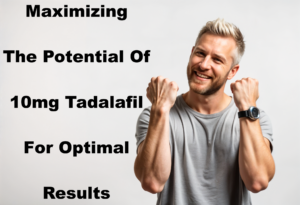
An accumulation of extra fat in the liver is the typical cause of fatty liver disease. Alcoholic fatty liver (AFLD), which is caused by heavy alcohol use. Non-alcoholic fatty liver (NAFLD) is caused by bad eating habits and heredity. The good news is that it is manageable with a strict 21-day fatty liver diet plan to address fatty liver.
Understanding fatty liver disease is essential before looking at the diet plan. Fatty liver disease occurs when too much fat builds up in the liver cells. If this is left untreated it will cause inflammation, scarring, and even liver failure. Dietary management is one of the critical parts of fatty liver disease management and may help to cure the disease.
Starting a journey to a better liver may change life if there is a diagnosis of fatty liver disease. This includes the metabolism of fat as well as its ability to cleanse the body of hazardous substances. A 21-day fatty liver diet plan helps in quick recovery of the liver and also treats fatty liver disease.
A Successful 21-Day Diet Plan For Fatty Liver
By the end of this careful plan of 21-day fatty liver diet plan, your liver will be in better form, and you will have learned conscious eating habits. But before we begin, it’s always a good idea to consult with a medical professional. This will help you understand your problem and make the best food plan for fatty liver.
Week 1: (Days 1–7)
- Breakfast: Pour yourself some green tea and an oatmeal dish to start your first week. Don’t be afraid to add berries to your oatmeal if you enjoy them.
- Lunch: For lunch, you opt for green vegetables such as broccoli and spinach. Grilled chicken gives only a few grams of protein.
- Dinner: Put a little amount of olive oil on a salad platter. For carbohydrates keep some baked fish and rice.
Week 2 (Days 8–14)
- Breakfast: Eating a healthy morning meal of two scrambled eggs on whole wheat toast is the correct way to start the day. Adding veggies while scrambling eggs will provide the liver with the necessary nutrients.
- Lunch: This recipe for a healthy meal includes boiled carrots, broccoli, and bread. Curd or a curry of your choice in the meal if the food is tasteless to you.
- Dinner: As for dinner, prepare a salad and grill some shrimp.
Week 3 (15 to 21 Days)
- Breakfast: Basically, the following recipe for a healthy breakfast includes a smoothie; bananas, cashews, protein powder, and almond milk. They usually provide a very basic and simple meal, which is quite satisfactory enough for breakfast.
- Lunch: For lunch, you should have a bowl of tomato or lentil soup for some specific tortillas or rotis.
- Dinner: For dinner, you can have brown rice with some stir-fried vegetables cooked in olive oil.
Advantages of 21-Day Diet Plan For Fatty Liver
Patients and medical professionals must be aware of the consequences of adhering to a fatty liver diet plan. Here are the advantages of a 21-day fatty liver diet plan.
- Enhanced Functionality of the Liver: The main point about which this diet is devised is the enhancement of liver functions. It is beneficial to adhere to dietary changes when the liver’s general function may improve or inflammation may reduce.
- Losing Weight: One thing that researchers observe is that many patients who have this condition are either overweight or obese. Eating this 21-day diet plan for fatty liver diet plan, patients can lose weight since this diet focuses on portion sizes and healthy foods.
- Improved Health in General: The diet plan represents a good start in attaining and maintaining a healthy way of eating which being nutrient-dense, will help the body and mind to be more healthy. Patient’s other health parameters such as energy levels, cholesterol, and blood pressure can also enhance.
- Changes to Lead a More Environmentally Friendly Life: This diet plan is a long-term strategy for improving liver function and overall health rather than a quick fix. Patients can maintain healthy eating habits over the long term by mastering portion control and selecting wise meals.
Top 5 Foods to Stay Away From If You Have Fatty Liver
Fatty liver disease is the result of poor dietary practices. Avoid certain meals to keep your liver healthy and under control. The top five foods and beverages to avoid if you have fatty liver disease are:
- Alcohol: Alcohol is off-limits for those with AFLD since it metabolizes in the liver and interferes with normal liver function. In this case, alcohol overindulgence can be lethal and may result in death from liver failure.
- Deep-fried foods: Avoid fried foods since they increase the calories and unhealthy fats that are not suitable for the liver. Fried chicken, French fries, and onion rings are examples of fast foods that are high in oil.
- Caffeinated beverages: Instead of taking soda, energy drinks & sweetened types of beverages, one should opt for natural juices. consuming carbonated beverages raises insulin, which leads to liver fat accumulation.
- Highly Saturated Fat-Containing Foods: For persons with FLD, saturated fats work as a gradually toxic substance. Saturated fat-containing foods must be kept at a distance, including cheese, red meat, and butter.
Long-term Benefits of the Fatty Liver Diet
After finishing the 21-day fatty liver diet plan, you should feel comfortable enough to maintain these wholesome eating habits. Do not forget that, to get the best outcomes, you have to be consistent. To monitor your condition and to ensure the liver is functioning properly you need to visit your doctor for check-ups regularly. You might also consider exploring other therapeutic approaches to fatty livers. It is necessary to follow consistency in taking these healthy eating habits and consult with healthcare professionals regularly to monitor your progress. Direct Preventive Care can be instrumental in this process, offering expert guidance and personalized plans to help you effectively manage and reverse fatty liver disease. With their support, you can achieve long-term health benefits and sustain a healthier lifestyle.














